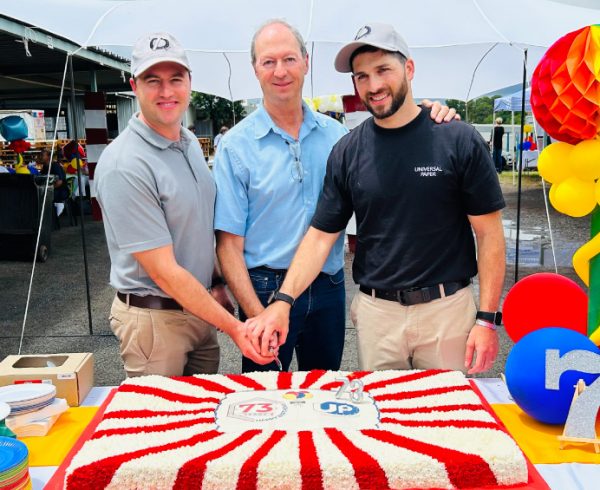How Bees Play a Crucial Role in Paper Production and how you can Bee the Difference.
Bees may seem like unlikely heroes in the world of paper sustainability, but their contribution is vital. These tiny pollinators play a significant role in the growth of trees, which are the primary raw material for paper production.
As bees go about their important work of pollination, they facilitate the reproduction of flowering plants, including the trees used in the paper industry. By transferring pollen between flowers, they enable fertilization, leading to the production of seeds and fruits. In the case of trees, this means the growth of more saplings, ensuring a sustainable and renewable source of raw materials.
Furthermore, bees support biodiversity within forests, promoting a healthy ecosystem. Their pollination efforts benefit not only trees but also other plant species, fostering a rich and diverse environment that supports countless organisms, but their populations are facing significant challenges.
At Universal Paper, we recognise the importance of bees in our commitment to sustainability.
We are constantly striving to minimize our environmental impact and actively support initiatives that protect pollinators and their habitats, by educating others on the subject and promoting bee-friendly practices.
So, the next time you flip through a paper product, or make use of any tissue products, remember the bees’ unsung contribution. Together, we can create a harmonious balance between paper production and the well-being of these industrious pollinators.
Here are some ways you can make a positive impact and help save bees:
- Plant bee-friendly flowers: Create a bee-friendly habitat by planting a variety of flowers that provide nectar and pollen. Choose native plants and opt for a range of colours and shapes to attract different bee species.
- Avoid pesticides: Minimize or eliminate the use of pesticides, especially those containing neonicotinoids, which are harmful to bees. Instead, explore natural and bee-safe alternatives to protect your plants.
- Provide water sources: Bees need access to clean water, so create shallow water sources with floating objects like stones or twigs to prevent them from drowning.
- Create nesting sites: Provide shelter for bees by leaving areas of your garden or yard undisturbed. Consider building or installing bee houses, which provide nesting sites for solitary bees.
- Educate others: Spread awareness about the importance of bees and their role as pollinators. Encourage your friends, family, and community to take action to protect bees and their habitats.
- Get involved: Support local bee conservation organisations and participate in initiatives aimed at bee protection. Volunteer your time, donate, or participate in citizen science programs to contribute to bee research and monitoring efforts.
By taking these simple steps, you can make a meaningful difference in saving bees and ensuring a healthier environment for these essential pollinators. Together, let’s create a bee-friendly world!









